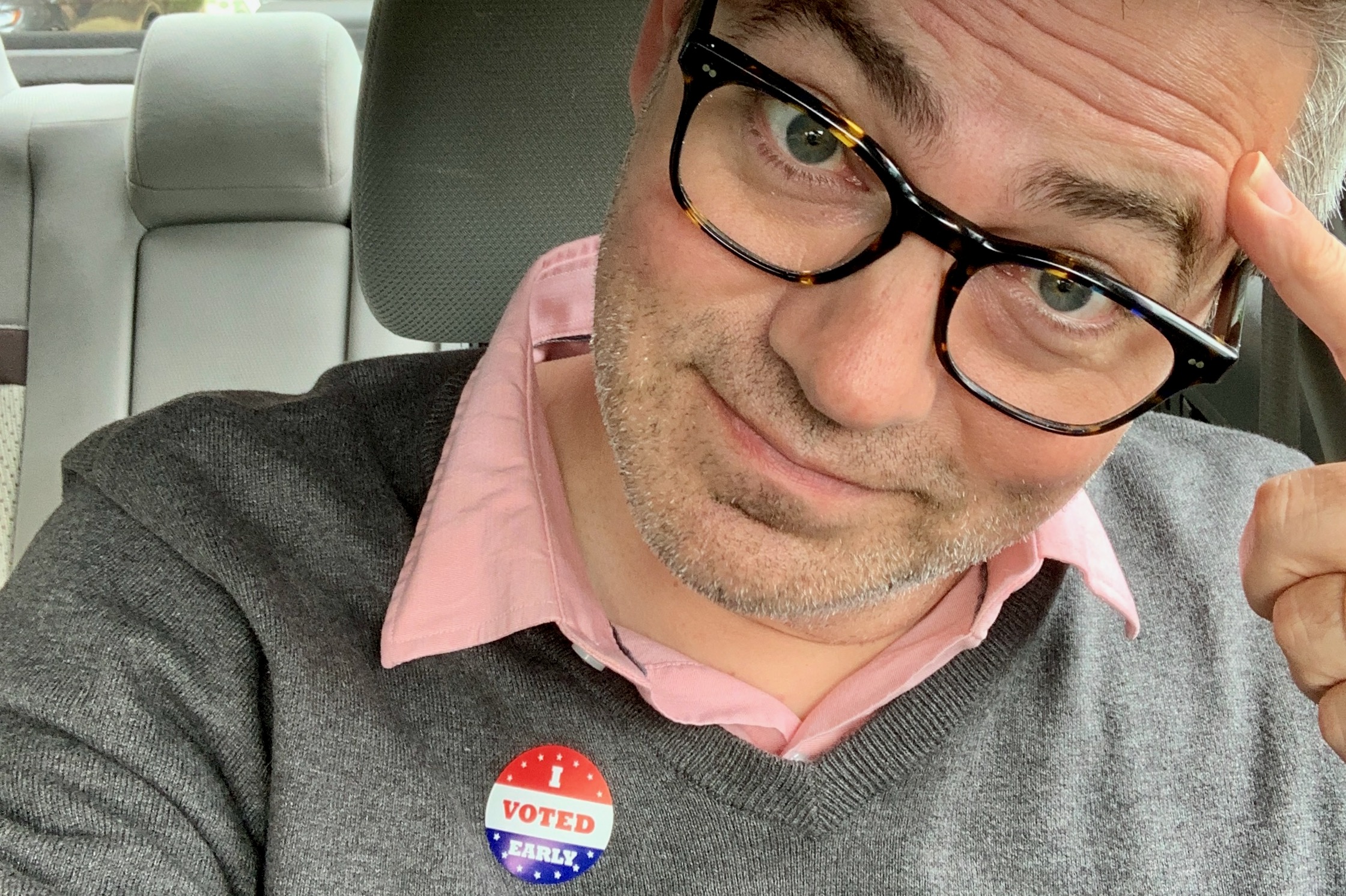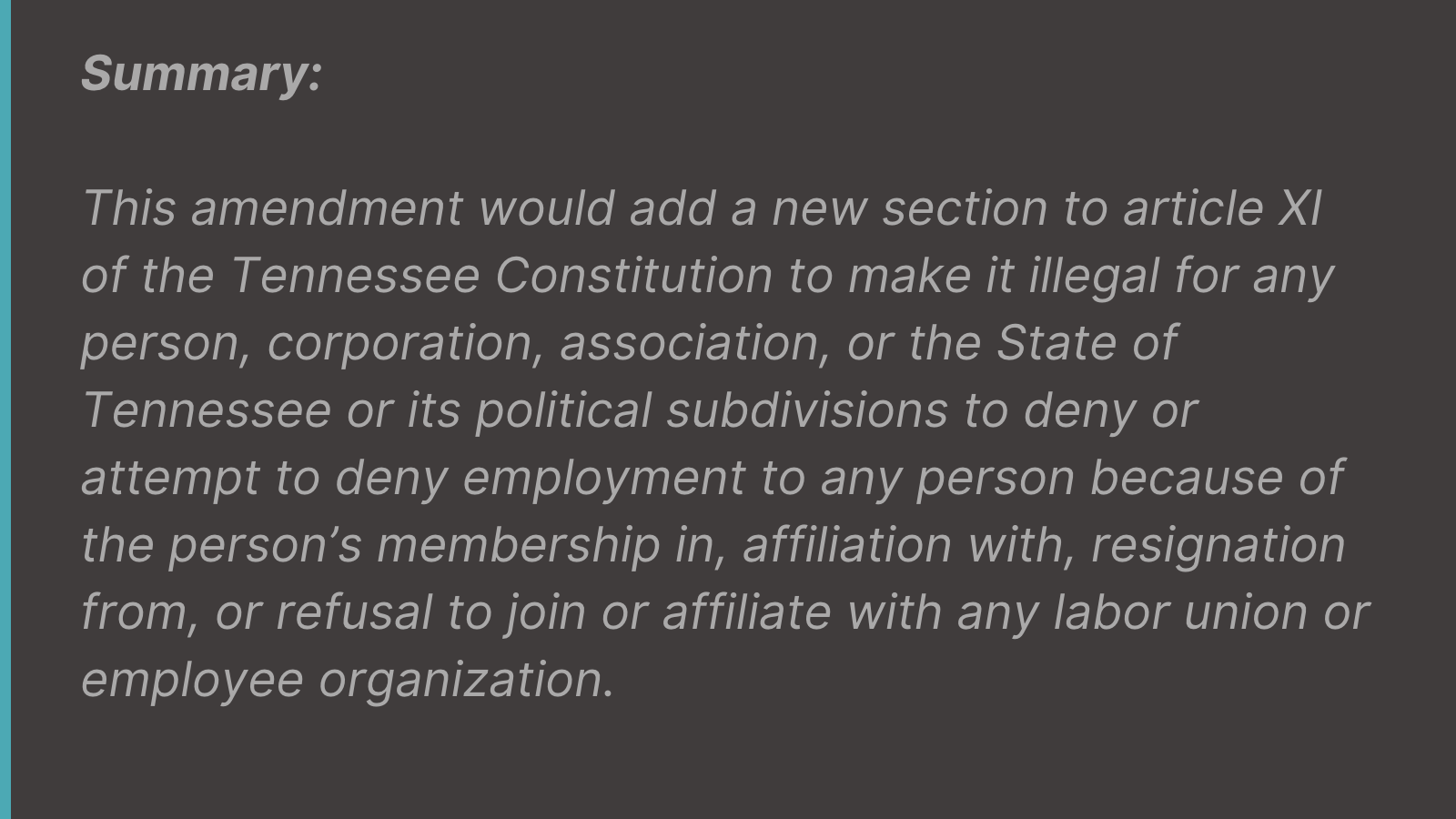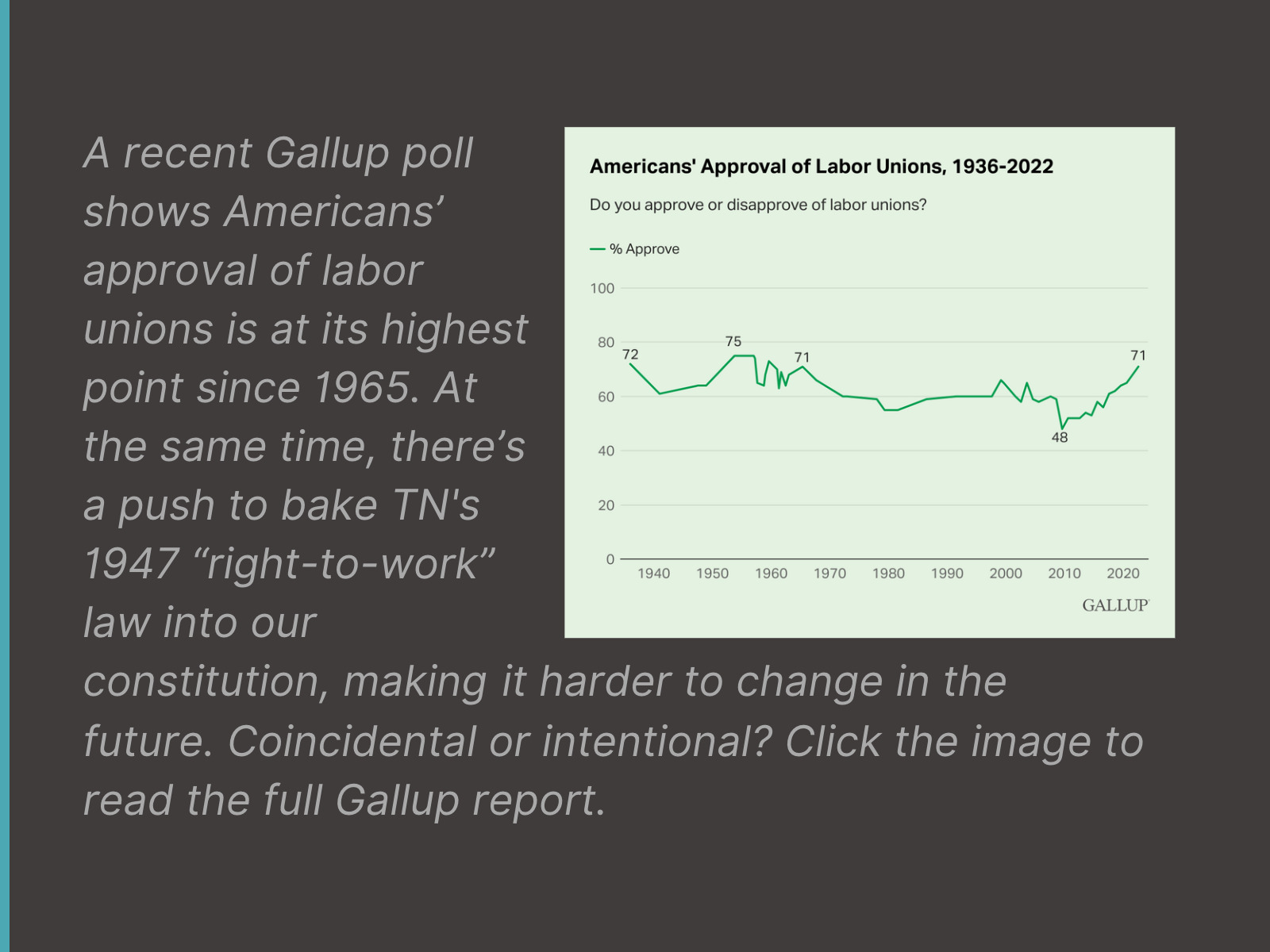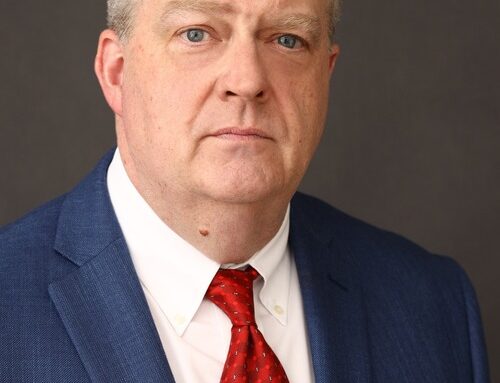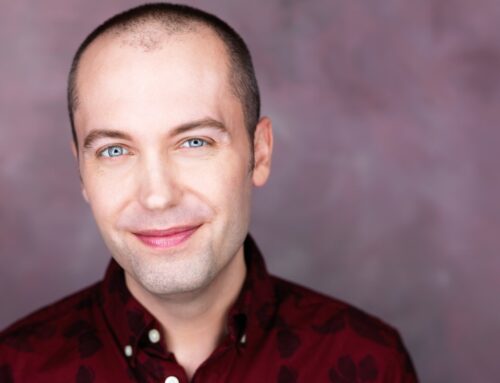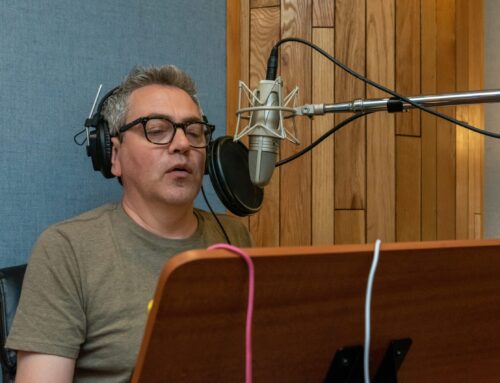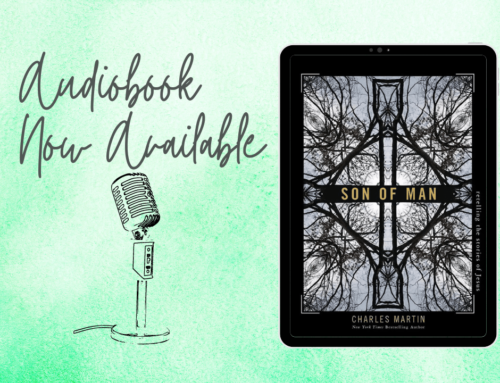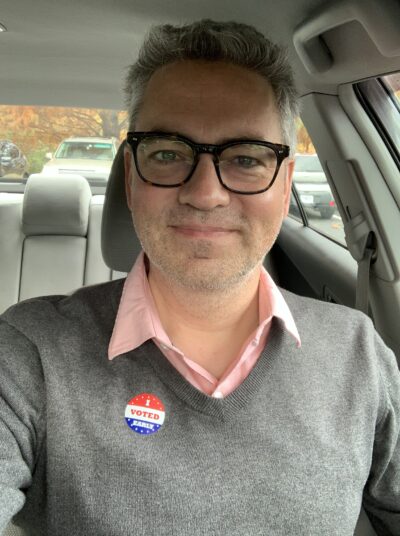 Early voting has begun in Tennessee and I cast my ballot yesterday. There are many important issues in our state and country that require thoughtful consideration and, as my friend David Dark likes to say, “moral seriousness.” I do not intend for this blog to be my own political soapbox, but I do want to discuss one thing on the current ballot that impacts me but might fly under your radar: Amendment 1.
Early voting has begun in Tennessee and I cast my ballot yesterday. There are many important issues in our state and country that require thoughtful consideration and, as my friend David Dark likes to say, “moral seriousness.” I do not intend for this blog to be my own political soapbox, but I do want to discuss one thing on the current ballot that impacts me but might fly under your radar: Amendment 1.
Amendment 1 seeks to add language to our state’s constitution to shore up the “right-to-work” law that has been in place since 1947. The phrase “right to work” is a genius marketing spin and the wording on the ballot sounds pretty harmless. But it is not harmless. I vote “no.”
I am a member of SAG-AFTRA, which is the union of professional performers for film, television, radio, and other platforms in the ever-changing landscape of media and entertainment. That movie you saw recently that you can’t stop thinking about? Those are SAG-AFTRA members. Binge-watching the latest TV episodes on Netflix? Brought to you by SAG-AFTRA. The broadcast meteorologist who told you when to take shelter from the coming storm? She’s very likely with SAG-AFTRA. We include actors, singers, news anchors, radio personalities, dancers, and stunt professionals.
For many of you, when you hear the words “actor” and “movies,” you may think of top-tier celebrities: the uber-wealthy and demanding divas from the tabloids. Allow me to challenge that perception. It’s mostly people like me, recording auditions in the garage and working for FedEx on the weekends to make ends meet while recovering from work lost due to the pandemic and a wife struck with breast cancer.
In our industry, we mostly work as independent freelancers. We are our own very small business. We are gig workers. Most of us spend more time looking for work than actually acting, and when we do get a job, it usually only lasts for a day or two. Then we start the search for the next one and hope that the jobs get better over time. Sometimes they do.
When an actor is on set, the job is a very vulnerable one. We say words and execute actions that are not our own. In order to give the best performance, we must trust others completely. We trust that the final product will be something that we’re proud of or at least something we don’t mind having our name associated with. But once the director says “cut,” it is out of our hands. The production now has recordings of our face, our voice, and our body to tell the story they want to tell.
Because of the short-term and competitive nature of our jobs, we almost always have less power in the professional dynamic. We are ripe for exploitation, as has been highlighted by many Hollywood #MeToo stories. Jenna Fisher writes about going on an audition for a singing and dancing group, only to discover it was really a recruiting ploy for young call girls. There was the actor who participated in what she was led to believe was an independent art film, but was really racist propaganda. And now there are deep fakes and evolving technologies that can manipulate our likeness to say and do things without our presence, knowledge, or consent.
I’ve been fortunate to not have suffered any real trauma, but I have been underpaid, had my wages delayed, and have been in dangerous situations prior to joining SAG-AFTRA. I have recorded on live railroad tracks, had a noose around my neck while simulating a hanging, had a gun pointed at me, and I’ve pointed a gun at others. And there was that one time when I was surprised to learn on set that I was to perform the Harlem Shake while wearing a Nazi uniform. That was not a surprise I appreciated.
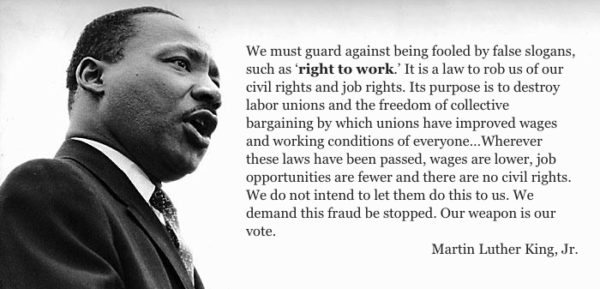
Image Credit: Dan Ferguson on PersonMan.com
Because of these reasons and others, I was thrilled to qualify for SAG-AFTRA membership and I joined in 2017. Our union provides a way to increase negotiating power because we are no longer just one actor happy to have a day’s work. We are many. And while, unfortunately, there are still occasional tragedies on set, a production that has agreed to union safety standards is far safer for the actor. With a safer set, the actor trusts the production more fully, which leads to a better performance. Furthermore, by joining together we can qualify for health insurance and retirement benefits, job perks that are often taken for granted if you’re not a gig worker.
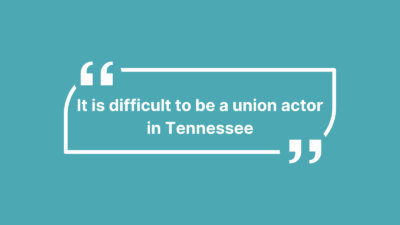 But it is difficult to be a union actor in Tennessee. To incentivize productions to work under our contracts, we collaboratively refuse to work non-union jobs. But because of our “right-to-work” law, productions are incentivized to remain non-union. It becomes a standoff. Because there are more non-union jobs than union jobs, our members are pressured to work “off the card,” essentially admitting defeat and saying “Nah, I was just kidding when asking for a fair wage and safe working conditions!” This is hardly the freedom pictured by the wording of our law or by this proposed amendment. So, why join the union if we live in “right-to-work” Tennessee? Because we work regionally and across the nation.
But it is difficult to be a union actor in Tennessee. To incentivize productions to work under our contracts, we collaboratively refuse to work non-union jobs. But because of our “right-to-work” law, productions are incentivized to remain non-union. It becomes a standoff. Because there are more non-union jobs than union jobs, our members are pressured to work “off the card,” essentially admitting defeat and saying “Nah, I was just kidding when asking for a fair wage and safe working conditions!” This is hardly the freedom pictured by the wording of our law or by this proposed amendment. So, why join the union if we live in “right-to-work” Tennessee? Because we work regionally and across the nation.
Actors don’t build careers by going to the same plant every day for 50 years. In our industry and for this generation, we travel. We audition and network all over the country via the Internet. Different states have different laws regarding labor unions and the best jobs are always union jobs. In other states, states representing larger markets, union membership is required for a union job. This is how I joined. I was offered a national commercial that filmed in Ohio where there is no “right-to-work” law. It required SAG-AFTRA membership. It was the right career move for me and I accepted the job and joined the union. It has been my best-paying job to date.
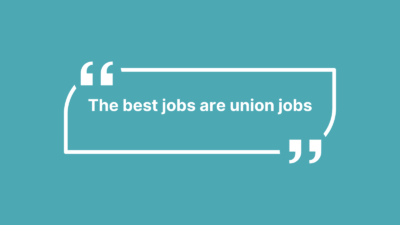 You may think the intent of our “right-to-work” law is to give the worker autonomy and dignity, to grant us the freedom to work without being bullied to join or pay an organization we don’t want to support. This is well-executed marketing. The opposite is true. “Right to work” benefits the employer. In our industry, the real benefactor is not the actor, but the production who has the freedom to NOT adhere to SAG-AFTRA standards. The result is lower pay, more dangerous working conditions, and no healthcare.
You may think the intent of our “right-to-work” law is to give the worker autonomy and dignity, to grant us the freedom to work without being bullied to join or pay an organization we don’t want to support. This is well-executed marketing. The opposite is true. “Right to work” benefits the employer. In our industry, the real benefactor is not the actor, but the production who has the freedom to NOT adhere to SAG-AFTRA standards. The result is lower pay, more dangerous working conditions, and no healthcare.
I believe Tennesseans want our actors to succeed in this market. We pride ourselves in our storytelling and we have produced some of our nation’s most beloved performers and celebrities. I’m writing from Nashville, Music City USA, and more recently the “It” city. What makes us the “It” city if not our creative class? It’s our entrepreneurs, our Southern charm, and our entertainers that sets our state apart. Please, give us a fighting chance. We need more union jobs and unions to be welcomed here. Join me in voting NO on Amendment 1 to Tennessee’s State Constitution.
Over to you: What do you think about “right-to-work” laws? If you are a Tennessean, how are you voting on Amendment 1?
Read my comment policy.

